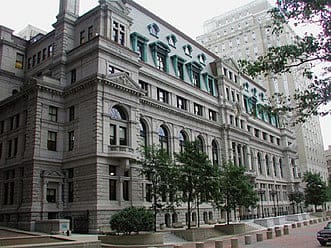Questions Remain About Covering Costs of Judicial Pay Raises

STATE HOUSE – Whether the judicial branch can fund the salary increases awarded by lawmakers last week appears to be a somewhat open question.
The judiciary accounts for the bulk of the cost of the nearly $18 million package, which doles out raises to top members of the House and Senate, statewide elected officials and judges. The raises for judges are phased in under the new law, and Sen. Karen Spilka, who served as Ways and Means chairwoman last session, said a midyear spending bill is unnecessary to fund the pay bumps.

